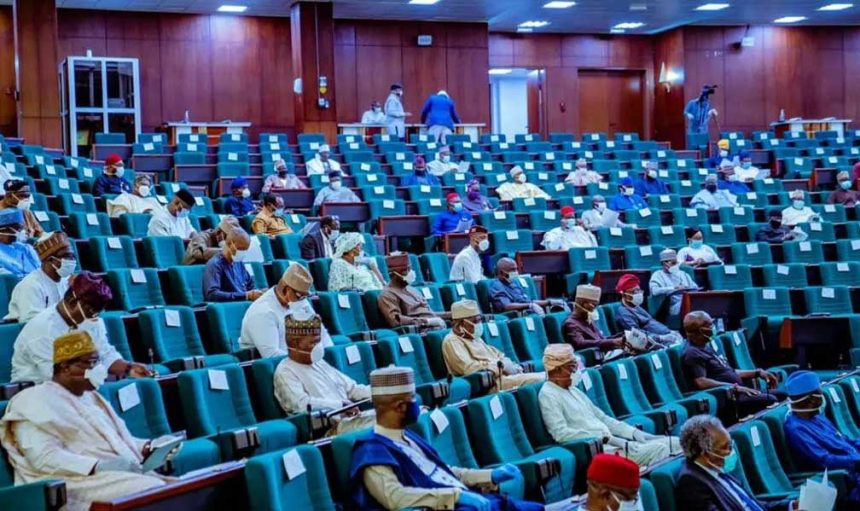In a move endorsed by the House of Representatives on Wednesday, legislators approved President Bola Tinubu’s request for a $347 million loan as part of the 2025–2026 borrowing plan.
House Speaker Tajudeen Abbas presented President Tinubu’s letter during plenary, stating that the additional funds would top up the financing for the Lagos–Calabar Coastal Highway. The project’s cost rose by $47 million—to a total of $747 million—due to increased funding gaps beyond the original $700 million allocated .
The president’s request explained that the lead arranger’s commitments fell short, and while export credit agencies filled some of the gap, an extra $47 million was still required. According to the correspondence read in plenary:
“It is, therefore, necessary to increase the value of the financing for the project by $47m to ensure it aligns with the loan size agreed in the finance documents for the project.”
Additionally, the borrowing plan includes $300 million for the Nigerian Universal Communications Access Project. The funds will support the deployment of 7,000 telecom towers in underserved and rural areas to improve connectivity.

This supplemental borrowing raises the overall loan package from $21.54 billion to approximately $21.89 billion, encompassing other funding instruments like €2.19 billion and ¥15 billion, as well as a €65 million grant .
The approval followed a supportive report from Abubakar Nalaraba, chairman of the House Committee on Aids, Loans and Debt Management. He maintained that Nigeria’s debt remains sustainable:
“At over N145tn, the debt-to-GDP ratio of about 50 per cent is within the international threshold (56 per cent).”
He also noted significant progress in debt management:
“The current administration has succeeded in reducing the high debt service to revenue ratio from over 90 per cent to less than 70 per cent. The Federal Government’s capacity to service the new debt is bolstered by the anticipated revenue gains from the Nigerian Tax Act 2025, projected to grow by over 18 per cent year-on-year starting from 2026.”
With the formal adoption of this report, and Deputy Speaker Benjamin Kalu presiding in the Speaker’s absence, the House officially approved the loan for both the highway and communications project .
The funding signals renewed momentum in completing the Lagos–Calabar highway and expanding rural connectivity, both key components of President Tinubu’s infrastructure and digital economy agenda.



